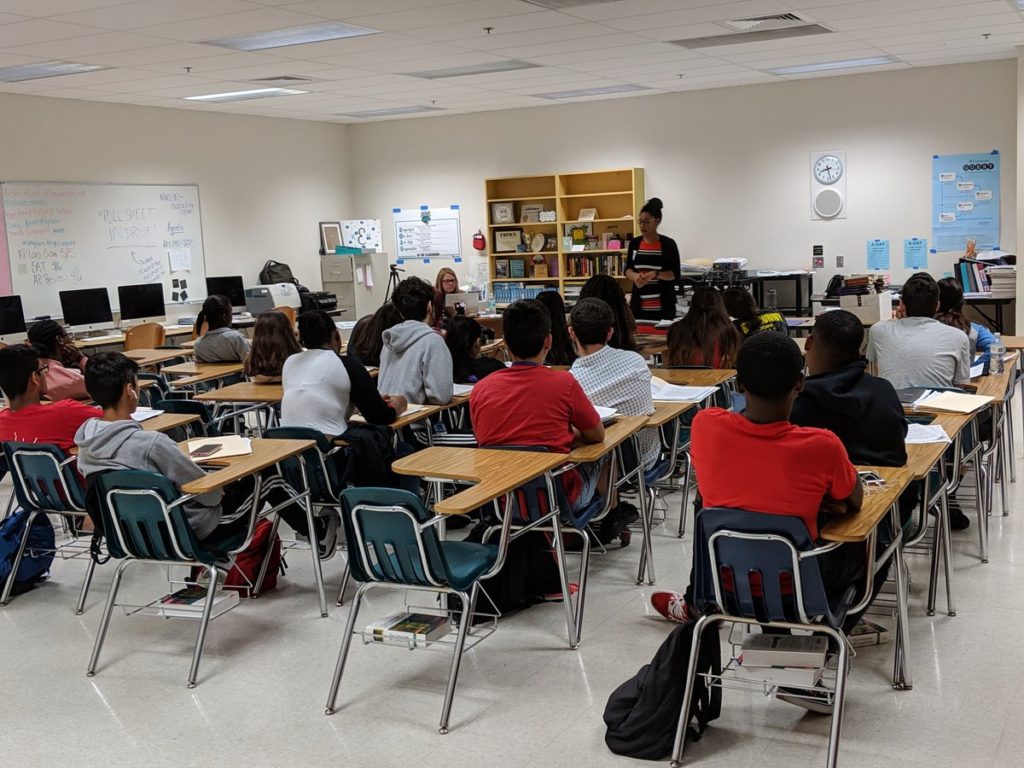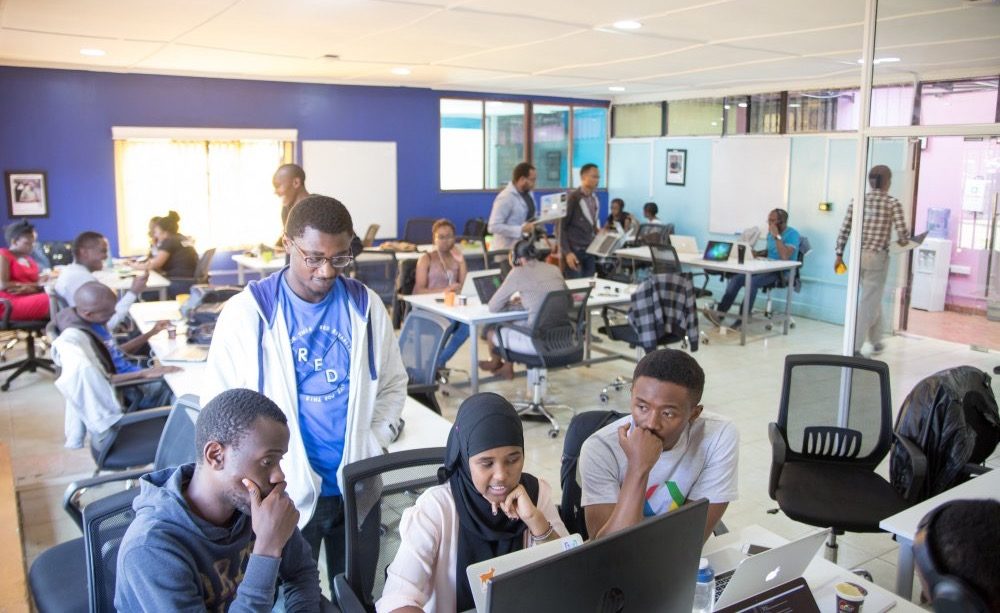Sitting down to study and review without planning can be a big mistake. The truly successful students know this and, therefore, they optimize their study time.

Do you want to achieve these results? These are some very useful tips that you can put into practice from now:
1) Put concepts to ground
Some of the most difficult concepts to study are those of an abstract nature. The way to incorporate them is to “bring them to the ground”.
For this we must work on creating in our mind images of what we read, as real and related to the information we can.
Then, when it is time to explain the concept during an exam question, you can reorder the image that you thought while studying and the information will not be long in coming.
2) Play to be a teacher
Do you have a younger brother? Or maybe parents or a grandmother with time at your disposal?
Kids can sit with you and explain the topic you learned. Since they probably do not know everything, they can ask you questions and consult you any doubts they may have. It is a good exercise to test how much you know about what you studied.
3) Pay attention to your doubts
When reading a complete text, surely some kind of doubts arise. The worst thing you can do is keep going and pay attention to them.
If you do this, when you reach the end of the text, you will have more doubts and you will lose time going over them. That’s why I answered every question that comes to mind, and once you understand it, I went ahead.
4) Use metaphors
Do you have a mega-complicated concept in front of you? Try creating metaphors by comparing a complex idea with a simpler idea.
For example, if the topic is about brain neurons, imagine the same concept but talking about the parts of a computer, or something that you feel comfortable with. By creating metaphors comparing new ideas with information that you already know, it will be easier to understand.
5) Learn to link concepts
Once you have understood each new concept, it is time for you to explain them separately, you can relate them to each other. Surely this is part of the exercise that you are forced to do during the test or exam. For that reason it is better that you practice doing it before, from the tranquility of your house.
6) Do not settle for a single source
Like journalists, never settle for a single source of information. If you were instructed to study from a textbook, go to the library or search the internet for the works of other authors on the same subject.
It will help you to have a broader idea of the concepts and to create new metaphors and useful connections. Perhaps an author explains it in a way that is easier for you to understand than another.
7) Do not pretend to learn everything at the last minute
A big mistake that many students make is to include the day before the exam as a day of study. Nerves, anxiety and other factors will hurt you in the attempt. That’s why it’s better to study everything before, leaving the day before the exam to review the concepts.














